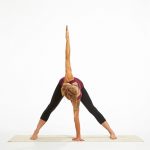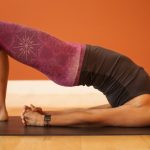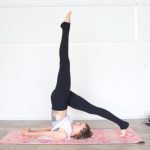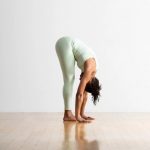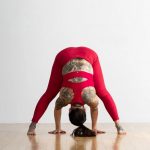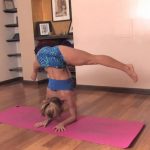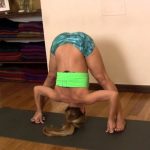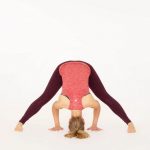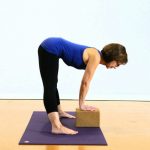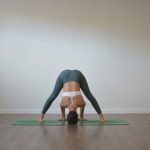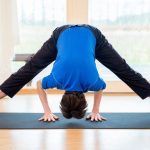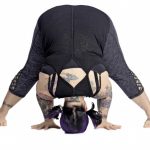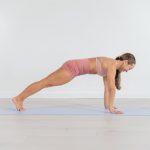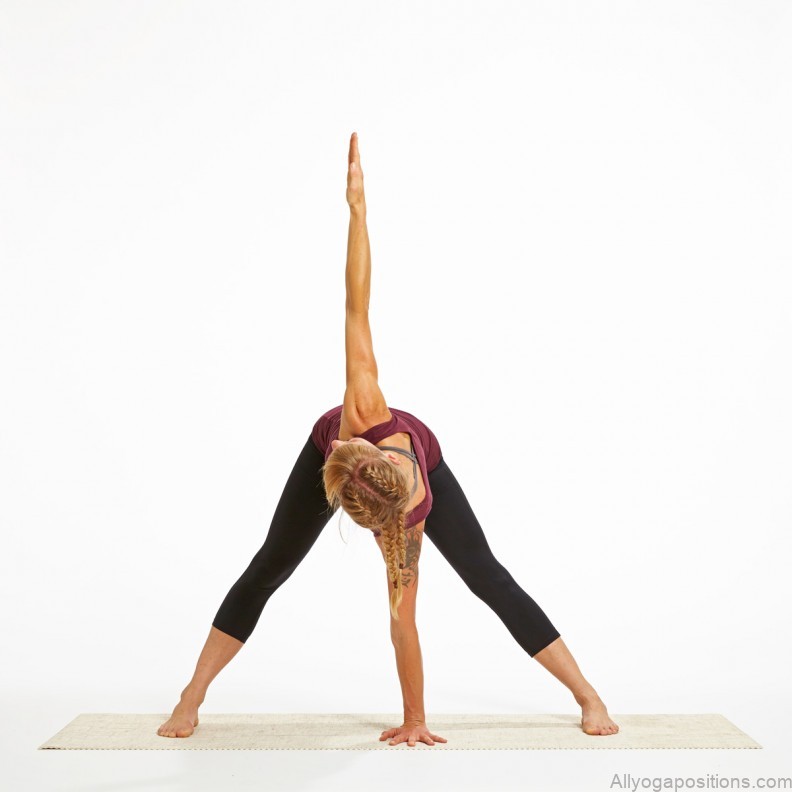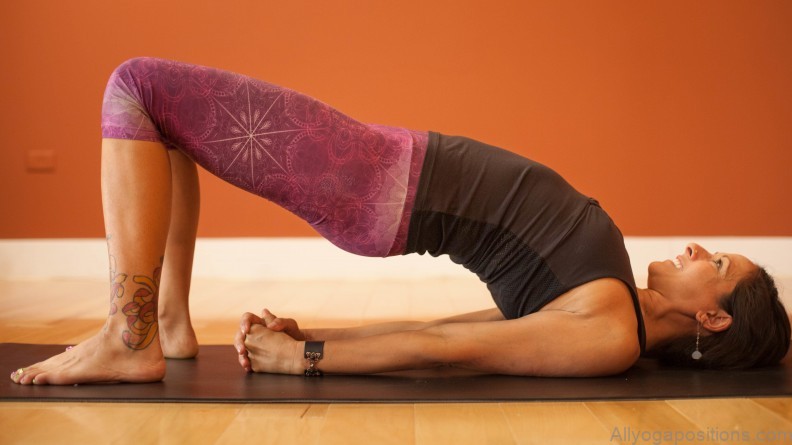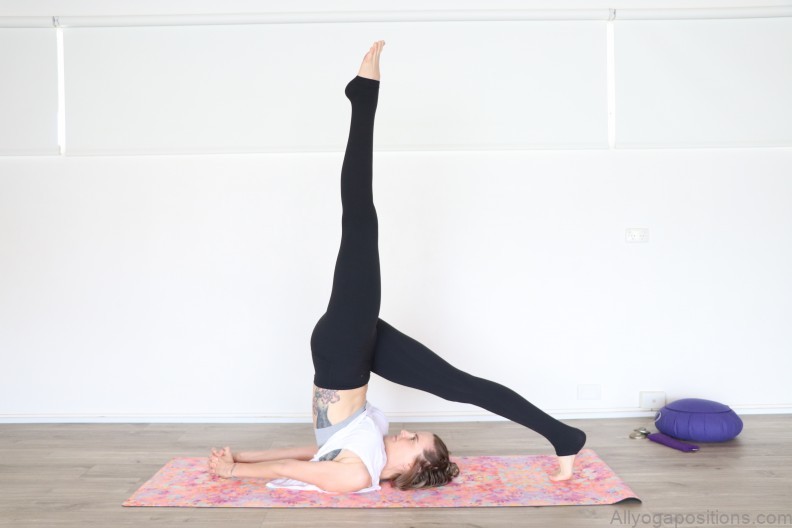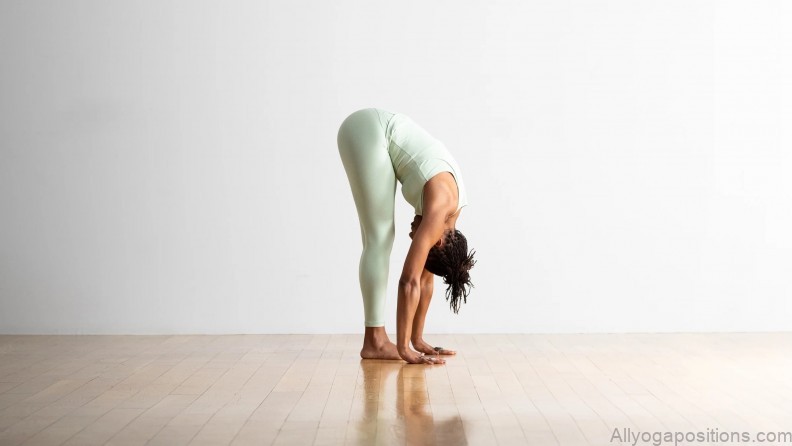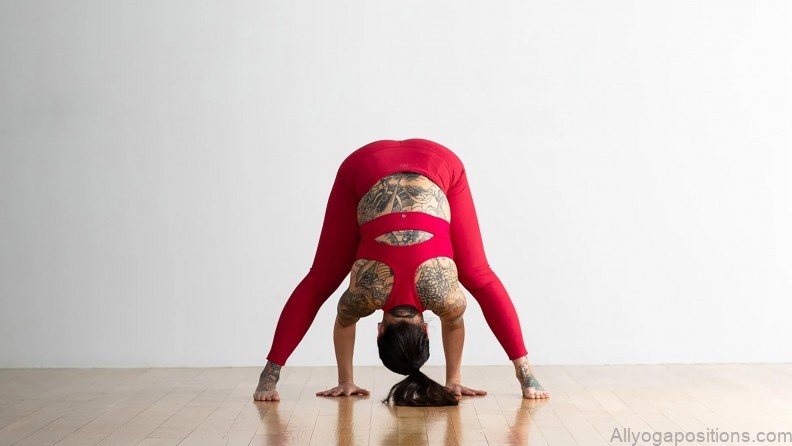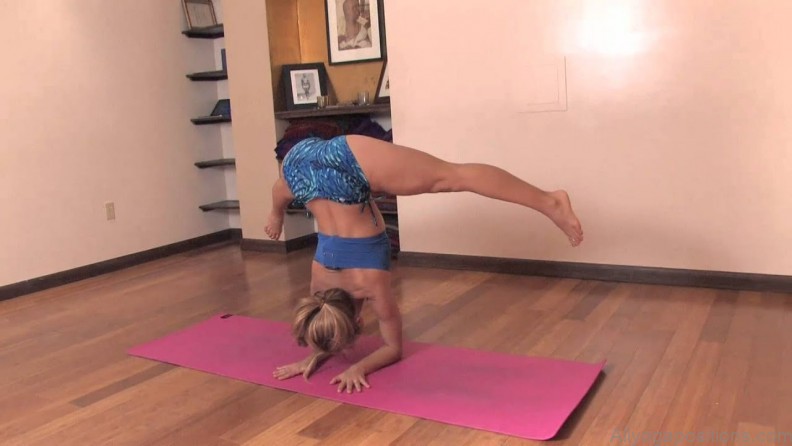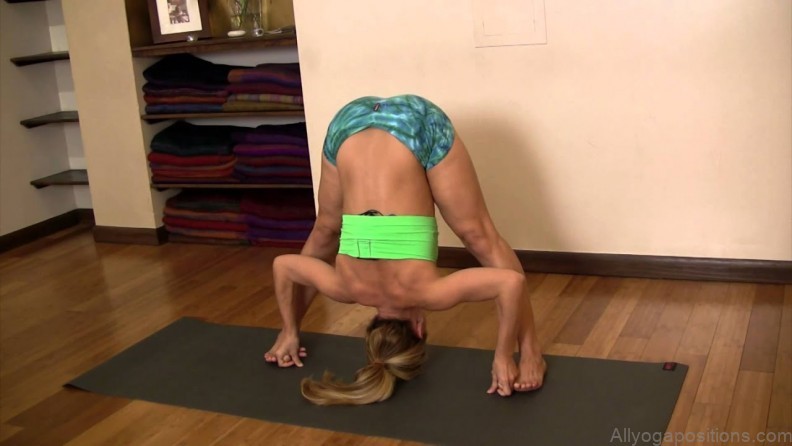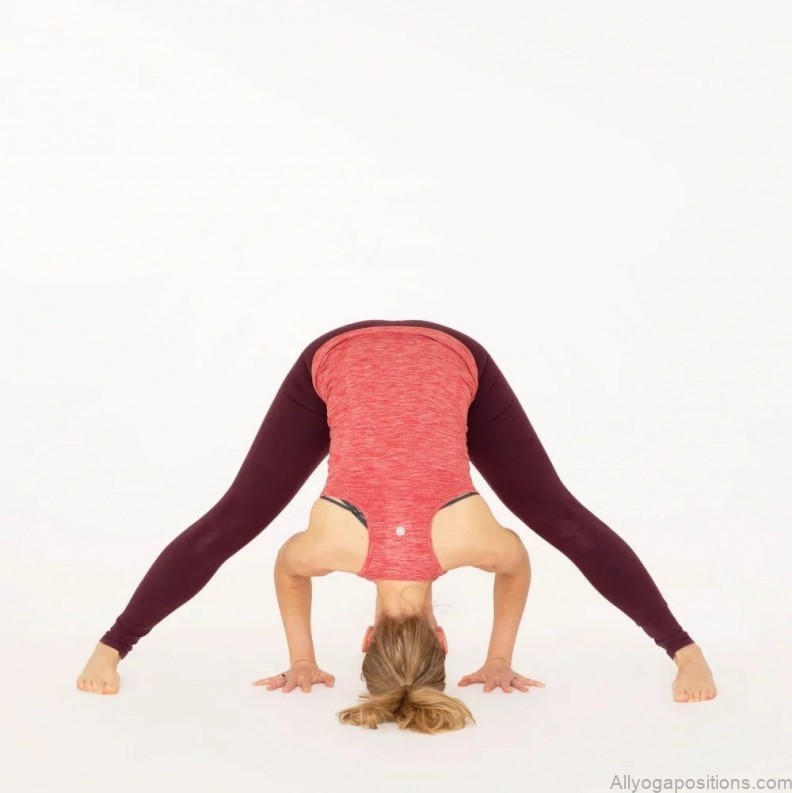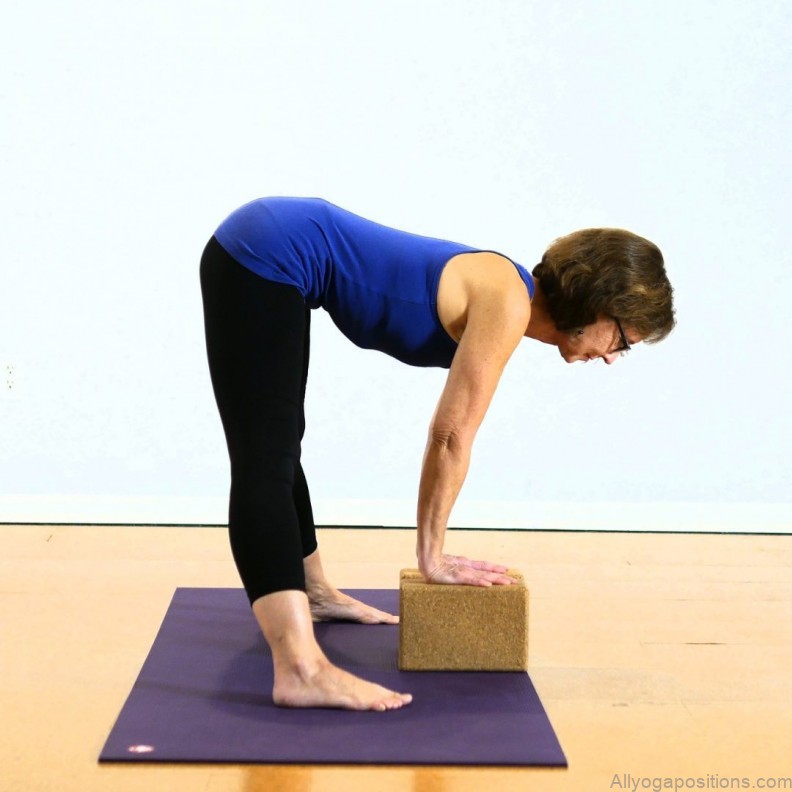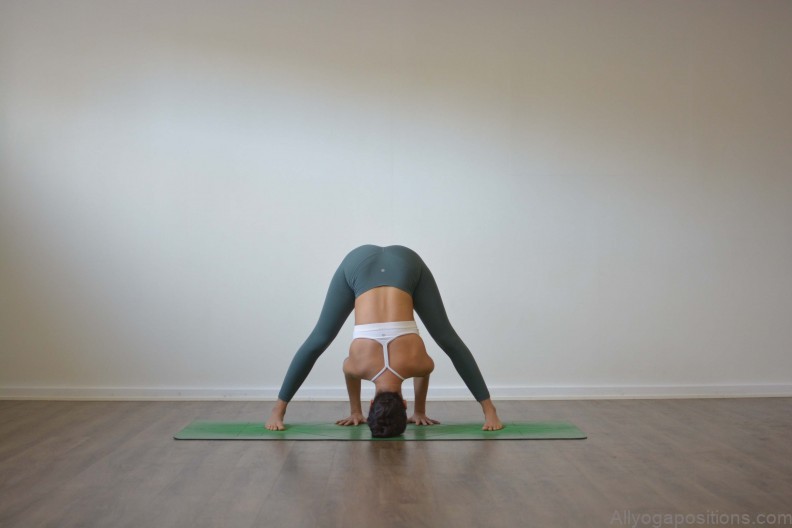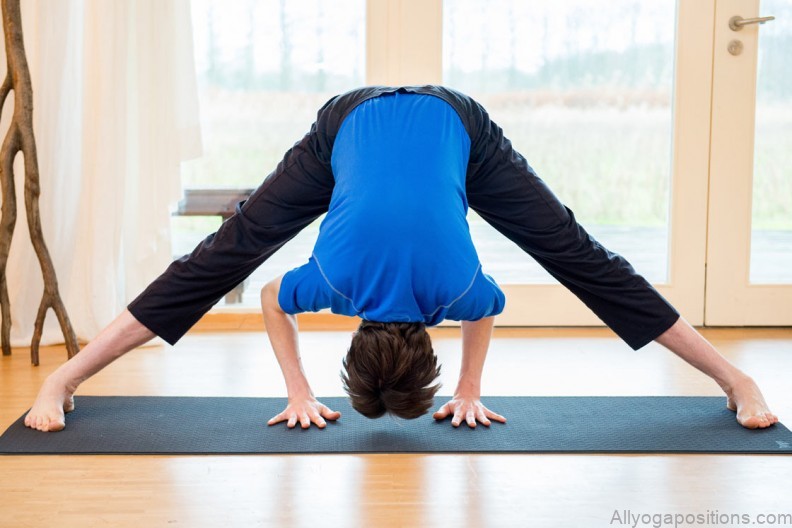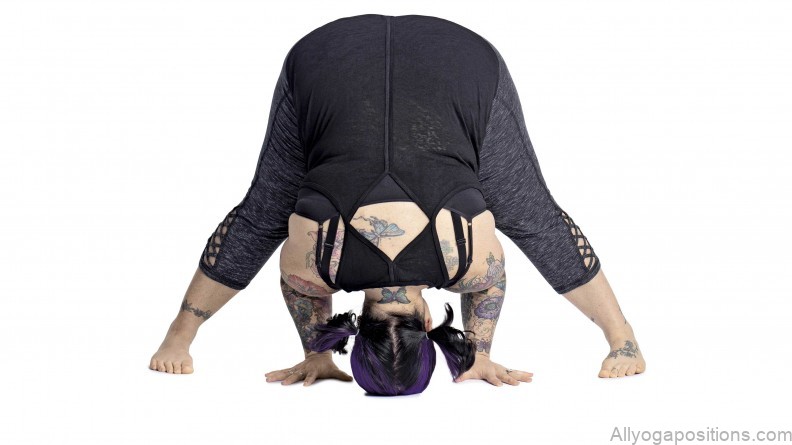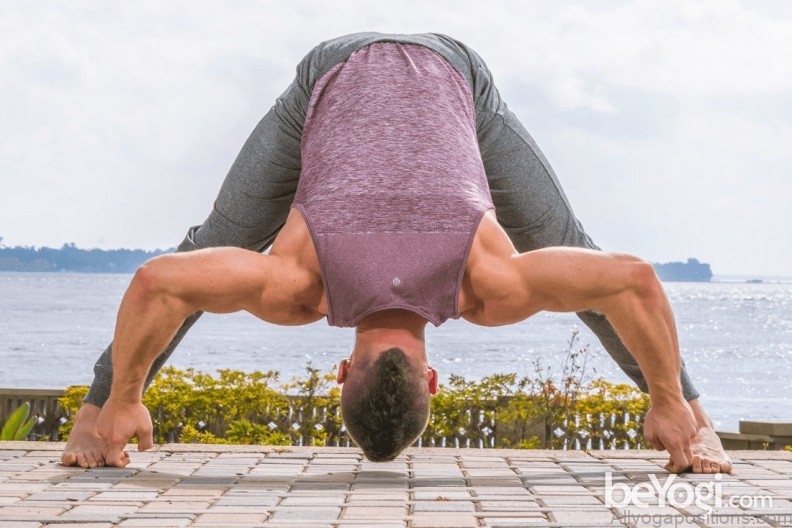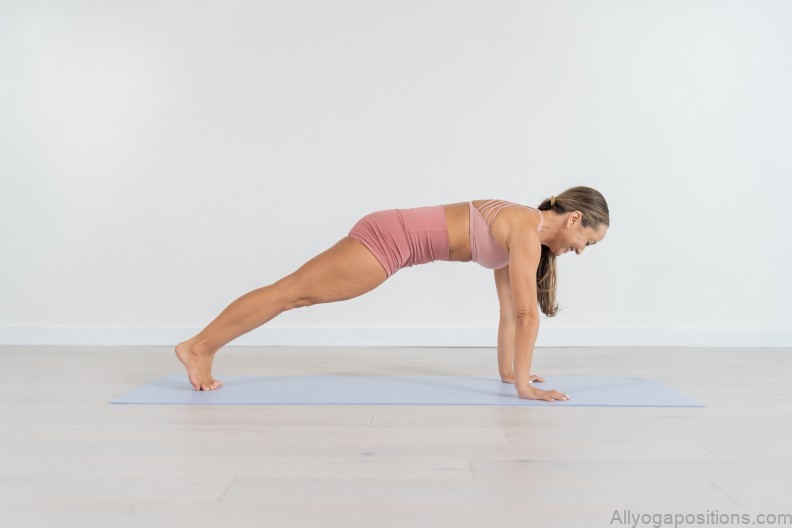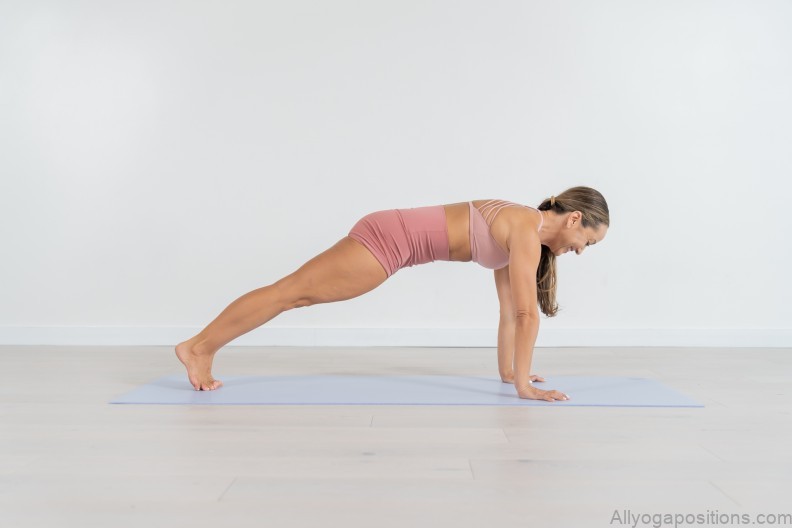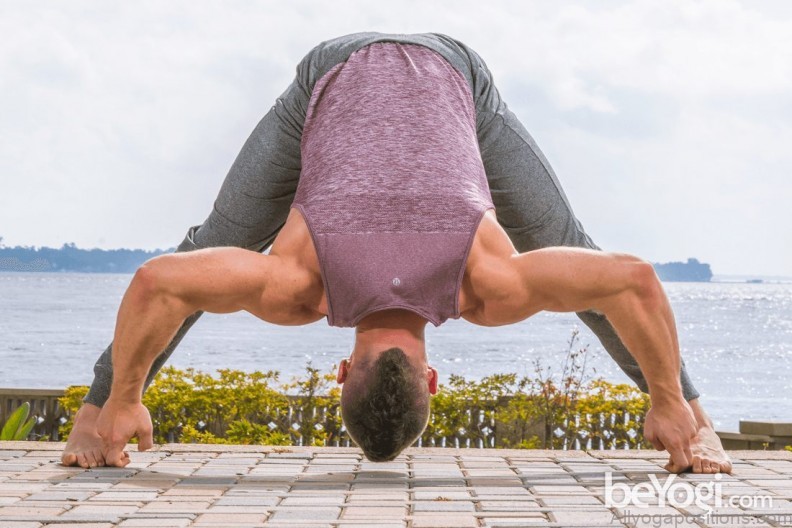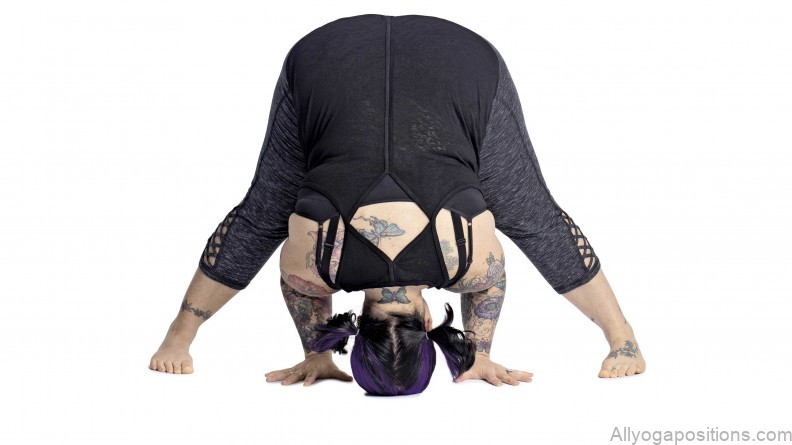Prasarita Padottanasana, commonly known as the Wide-Legged Forward Bend, is an essential yoga pose in various traditions and practices. This pose not only offers physical benefits but also has numerous mental and emotional advantages. In this in-depth look at Prasarita Padottanasana, we will unravel the secrets of this pose, discuss its myriad benefits, and provide tips for safe and effective practice.
1. Understanding Prasarita Padottanasana
Prasarita Padottanasana can be broken down into its Sanskrit roots: ‘Prasarita’ means spread out, ‘Pada’ means foot, and ‘Uttana’ means intense stretch. This provides a clear image of the pose—a deep, intense stretch while the feet are spread wide apart. Typically practiced as part of the standing series in yoga sequences, this pose can be both invigorating and calming, serving as a bridge between more intense asanas.
Unlocking the Power of Prasarita Padottanasana: The Wide-Legged Forward Bend Photo Gallery
2. Physical Benefits of the Pose
This wide-legged forward bend brings numerous physical advantages:
- Strengthening: The pose strengthens the inner and outer legs, especially the quadriceps and hamstrings. It also tones the abdominal muscles.
- Stretching: The inner legs, back of the legs, and the spine experience a deep stretch, promoting flexibility and reducing muscle tightness.
- Improving Posture: Regular practice can aid in correcting posture, as it helps lengthen the spine and counteracts the effects of sitting for prolonged periods.
3. Mental and Emotional Benefits
Beyond the physical, Prasarita Padottanasana offers several mental and emotional benefits:
- Calming the Mind: The forward bend encourages introspection and has a calming effect on the brain, helping to alleviate stress and mild anxiety.
- Enhancing Focus: By directing attention to the breath and the sensations in the body, this pose sharpens concentration and mindfulness.
- Rejuvenating: The increased blood flow to the head can invigorate the mind, providing a refreshing feeling after practice.
4. Tips for a Safe and Effective Practice
Safety and correct alignment are vital when practicing any yoga pose. Here are some guidelines for Prasarita Padottanasana:
- Leg Placement: Ensure your feet are parallel to each other and spread wide, with toes pointing forward.
- Engage Your Muscles: Activate your quadriceps to support your legs and use your abdominal muscles to protect your lower back.
- Avoid Overstretching: Respect your body’s limits. Use props like blocks or straps if needed, and don’t push yourself to go too deep too quickly.
- Breathe: Focus on deep, even breaths. Inhale as you lengthen the spine, and exhale as you deepen the forward bend.
5. Variations and Modifications
Prasarita Padottanasana can be adapted to cater to different needs and skill levels. Beginners can use props like blocks under their hands or head for support. Those looking for more challenge can work on bringing their palms or crown of the head to the floor, or clasping their hands behind their back.
In conclusion, Prasarita Padottanasana is more than just a physical stretch; it is a holistic experience that unifies the mind, body, and soul. Whether you’re new to yoga or a seasoned practitioner, the Wide-Legged Forward Bend is a valuable pose to incorporate into your routine.
Table of Contents
Maybe You Like Them Too
- Mastering Virabhadrasana A: The Warrior Pose of Empowerment
- Embracing the Essence of Wide Legged Forward Bend: A Deep Dive
- The Power and Elegance of the Wide Legged Forward Bend II Yoga Pose
- Mastering the Warrior II Pose: A Deep Dive into Its Benefits and Techniques
- Unlocking the Power of Warrior I: A Comprehensive Guide to Virabhadrasana I

